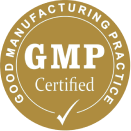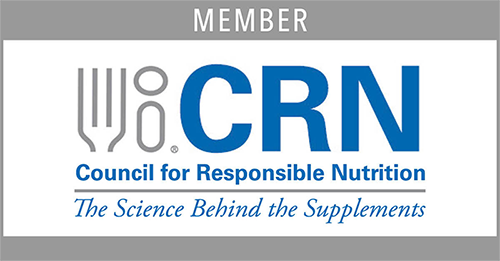What is It?*
Source Type: Water-soluble vitamin
Source(s):
- Naturally found in many plant and animal foods (milk, leafy green vegetables, whole grain breads and cereals)
- Can be produced endogenously by bacteria in the colon
- Chemically synthesized in labs
Biotin, also known as vitamin B7, is a water-soluble vitamin necessary for metabolizing carbohydrates, proteins, and fats. Biotin also plays a role in gene expression. While bacteria in the large intestine can synthesize biotin, their production is not substantial enough to meet the body’s requirements. Therefore, biotin must be obtained through diet or supplements.
Benefits*
Biotin is touted for its ability to improve the appearance of hair, skin, and nails. It also plays a role in energy metabolism by breaking down carbohydrates, proteins, and fats. Biotin may also help regulate blood sugar levels in people with diabetes. It is also an important component of prenatal care, as biotin status has been shown to decline in about one-third of women during pregnancy.
Effectiveness*
Biotin deficiency tends to be extremely rare due to its widespread availability in many foods. However, those with gastrointestinal disorders that impair the absorption of this nutrient can become deficient. In these individuals, biotin supplementation has been shown to be effective in preventing symptoms of biotin deficiency.
Biotin is highly effective in treating biotinidase deficiency, a rare genetic disorder. People with this condition require biotin supplementation to prevent and manage symptoms, which can include seizures, skin rashes, and developmental delays.
Biotin supplements are generally considered to be safe, but there is limited scientific evidence to support claims that biotin supplementation can improve hair quality or nail growth in healthy individuals. However, biotin supplementation was found to be helpful in those suffering from pathologic brittle hair syndrome or uncombable hair syndrome.
As far as blood sugar regulation, numerous studies have found that biotin paired with chromium picolinate, is effective for managing healthy blood sugar levels in those with type 2 diabetes.
Risks*
There is currently no upper limit set for biotin, as there is a lack of evidence of toxicity at high exposures. However, high levels of biotin supplementation can interfere with clinical tests, such as producing falsely high or falsely low results on thyroid function tests.
Biotin may also interact with other medications, such as anticonvulsants. It may also interact with herbs and supplements, including alpha-lipoic acid and pantothenic acid. When taken together, the absorption of each vitamin supplement may be reduced.



